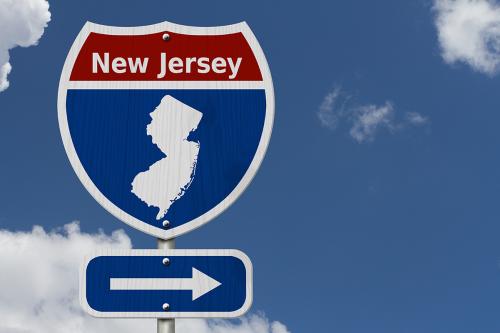A bill in the New Jersey Legislature would require that certain boards of education have multiple providers for 403(b) plans. The legislation would require certain school districts—those with at least 1,000 students that offer a 403(b) retirement plan to school district employees—to select a minimum of three providers or vendors for the plan.
Why? While we are led to believe that having multiple choices is good, it really doesn’t work out that way. Years ago, I worked with a teachers union and their proposed 403(b) product. The fact that plan providers would have to compete in the hundreds and hundreds of school districts, where there were multiple providers in each district, meant that lower-cost providers couldn’t compete and that left only providers that are known to be high-priced that remained for this selection process. If there is more competition, the costs to compete are more. Finding one low bidder for each district will save teachers money rather than using multiple providers where only the expensive providers can compete.







